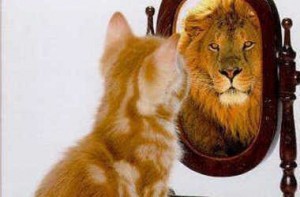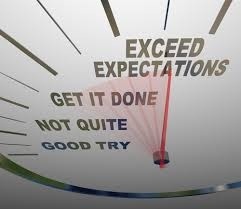If your actions inspire others to dream more, learn more, do more and become more, you are a leader.
~John Quincy Adams
I hate it when an ancestor has more clarity on a subject of today than I do. That’s because I have a lot of people ask me what leadership is. While they don’t like it, my response is always to ask, “Why do you want to be a leader?” Few are ready to answer that.
It’s a real killer for many people when I ask. They start to tell me about what they can do with the organization, or how equipped they are, or how bad existing management is.
What they don’t often say is they have a vision for what the future can hold, or what they can do for the organization in their position. Their perspective is inward looking, not outward looking. They care about what they will be doing more than how the organization will be doing. It’s not about what they’ll add, but what they can get. Wikipedia, the proven expert on everything, says, “Leadership is both a research area and a practical skill, regarding the ability of an individual or organization to ‘lead’ or guide other individuals, teams, or entire organizations.”
If you’re only thinking about what’s wrong now, or how much better you can do than existing management, you’re not thinking about leading. You’re probably thinking about a competition, and how you’ll “win”. How you can do better than the person in charge now?
There might be some truth to the part where you can do a “better” job than whoever is in charge now. But it also could be a combination of ego, hubris, or lack of information. If you spend more time thinking about how much better you can do than the existing leadership rather than what you can do to move the organization ahead, you might be in the leadership business for the wrong reason.








